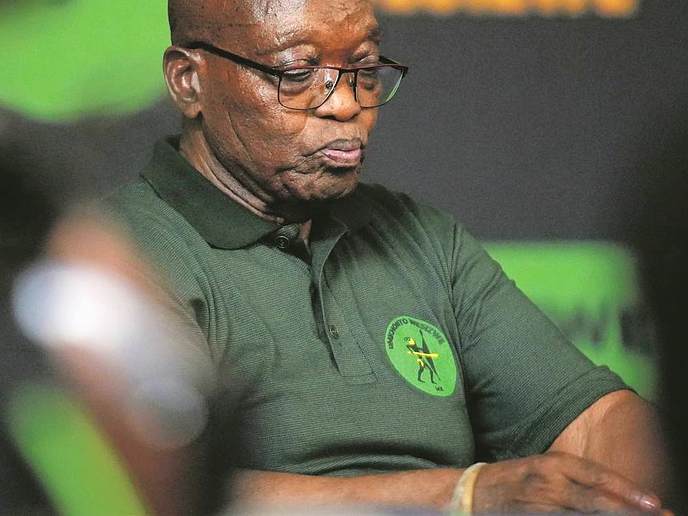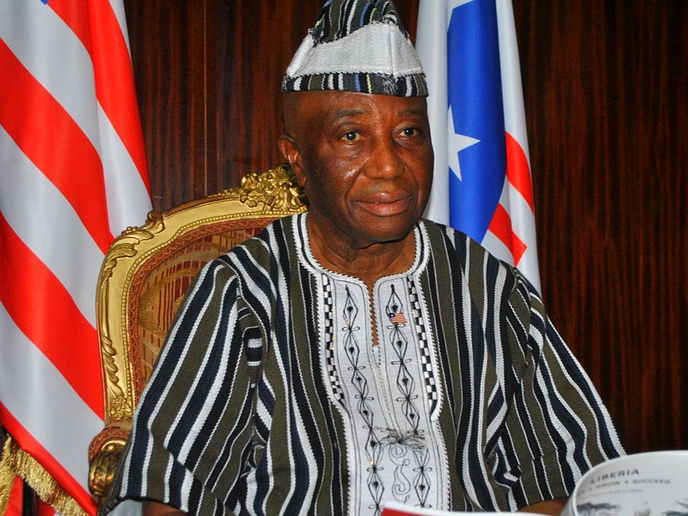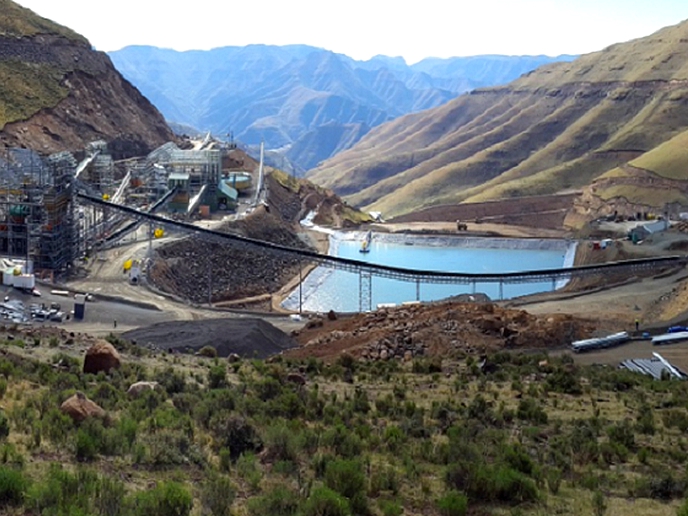IN preparation for the BRICS foreign ministers’ meeting and summit, the South African government has granted diplomatic immunity to all officials involved.
africa
May 30, 2023
DAILY MAVERICK
6 min read
SA grants Putin diplomatic immunity for BRICS summit
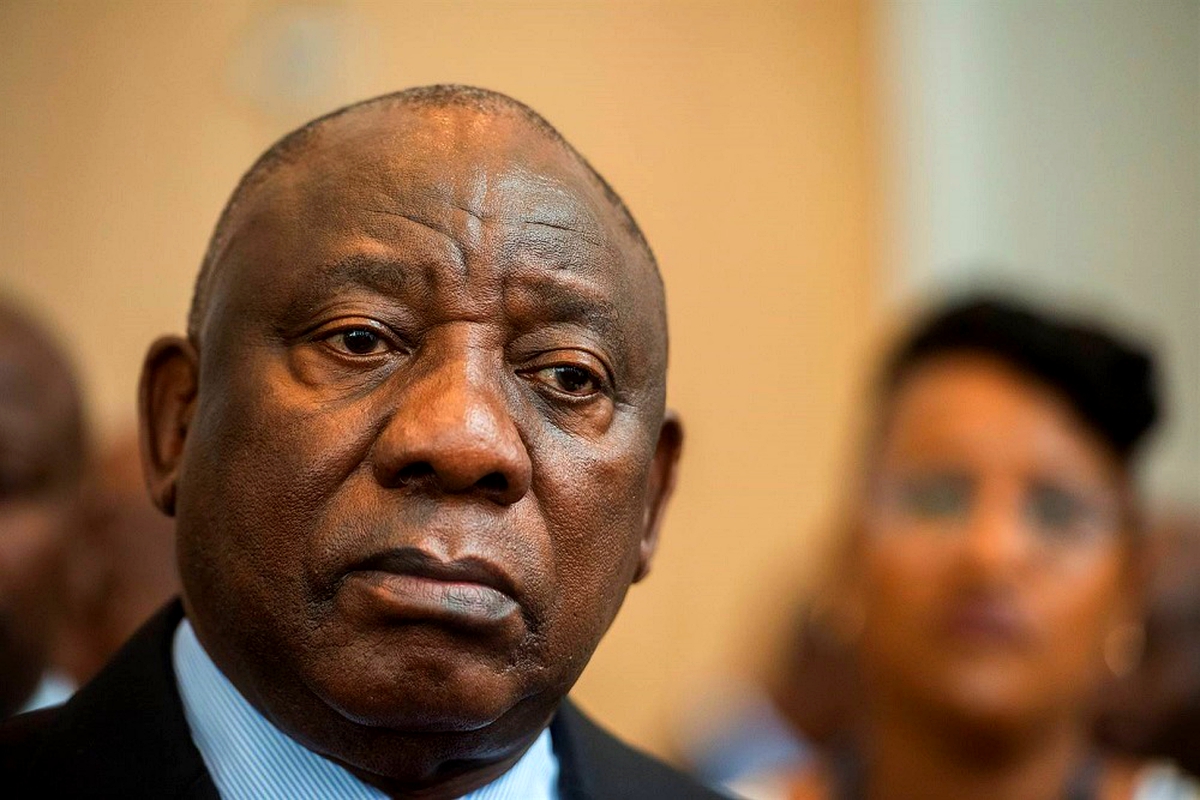
SA President, Cyril Ramaphosa
Story highlights
The South African government has gazette International Relations and Cooperation Minister Naledi Pandor’s notice for the Diplomatic Immunity and Privileges Act to be granted to all international officials at BRICS-related events in South Africa.
Clayson Monyela, the spokesperson for the Department of International Relations and Cooperation, said Pandor’s notice was “routine”, and such notices were issued every time there was a similar international meeting in South Africa.
The notice, signed on 19 May 19 and gazetted on Monday, states that Vladimir Putin and his international counterparts will be granted immunities and privileges provided in terms of Section 6(1)(a) of the act.
The act states that this immunity is granted to officials and experts of the United Nations (UN), any specialised agency or organisation, and representatives of any state participating in an international conference or meeting convened in South Africa.
Section 6(1)(a) of the act sets out that immunities “are specifically provided for in the Convention on the Privileges and Immunities of the UN, 1946, or the Convention on the Privileges and Immunities of the specialised agencies, 1947, as the case may be, in respect of the participation in conferences and meetings”.
The immunities and privileges in terms of the United Nations Convention grant immunity from personal arrest or detention.
“Immunity from personal arrest or detention and from seizure of their personal baggage, and, in respect of words spoken or written and all acts done by them in their capacity as representatives, immunity from legal process of every kind,” the document reads.
A warrant for Putin’s arrest was issued by the International Criminal Court in The Hague in March, and since South Africa is a member of the formation, it is obliged to arrest Putin when he is in the country.
Despite this, South Africa, as the current chair of the BRICS alliance, has officially invited Putin to the summit in August.
The International Relations Department is also seeking a legal opinion on how to deal with the ICC’s arrest warrant. Putin’s possible attendance at BRICS has been a bone of contention since the warrant was issued.
Ramaphosa appointed an inter-ministerial committee last month which is expected to consider South Africa’s position in relation to the ICC. It will be chaired by Deputy President Paul Mashatile.
This follows confusion over South Africa’s stance: Ramaphosa announced that the country would pull out of the international statutory body, but the Presidency later made a U-turn, saying that South Africa would remain a signatory to the Rome Statute.
It has now been confirmed that Russian Foreign Minister Sergey Lavrov will take part in the BRICS foreign ministers’ meeting in Cape Town on Thursday and Friday.
Meanwhile, DA leader John Steenhuisen filed an application to the Pretoria High Court on Monday seeking an urgent order to the government to arrest Putin if the ICC requests South Africa to arrest him if he sets foot in the country.
In his affidavit to the court, Steenhuisen requests a three-part court order.
The first would be a general declaratory order setting out the government’s obligations under the Rome Statute, which governs the operations of the ICC and the ICC Implementation Act, the South African law which domesticates the country’s ICC obligations into its own national law.
Second, Steenhuisen seeks an order confirming that the director-general of justice, on receipt of a request from the ICC to arrest and surrender Putin, must forward the arrest warrant to a magistrate.
The third order Steenhuisen seeks would confirm that the other respondents to his application are obliged to ensure that Putin is arrested if he enters the Republic.
The other respondents are the President, the minister and the director-general of Justice and Constitutional Development, the minister and director-general of International Relations and Cooperation, the minister and the national commissioner of police and the Deputy President.
“This is plainly a constitutional matter,” Steenhuisen says in his affidavit. “It involves the violation or possible violation of the rule of law (a foundational value of the Constitution) and separation of powers by the government, including by way of the threatened violation of South Africa’s international law obligations, which have been given effect domestically by the Implementation Act, which Parliament has bound South Africa to and on which the Supreme Court of Appeal has previously ruled.”
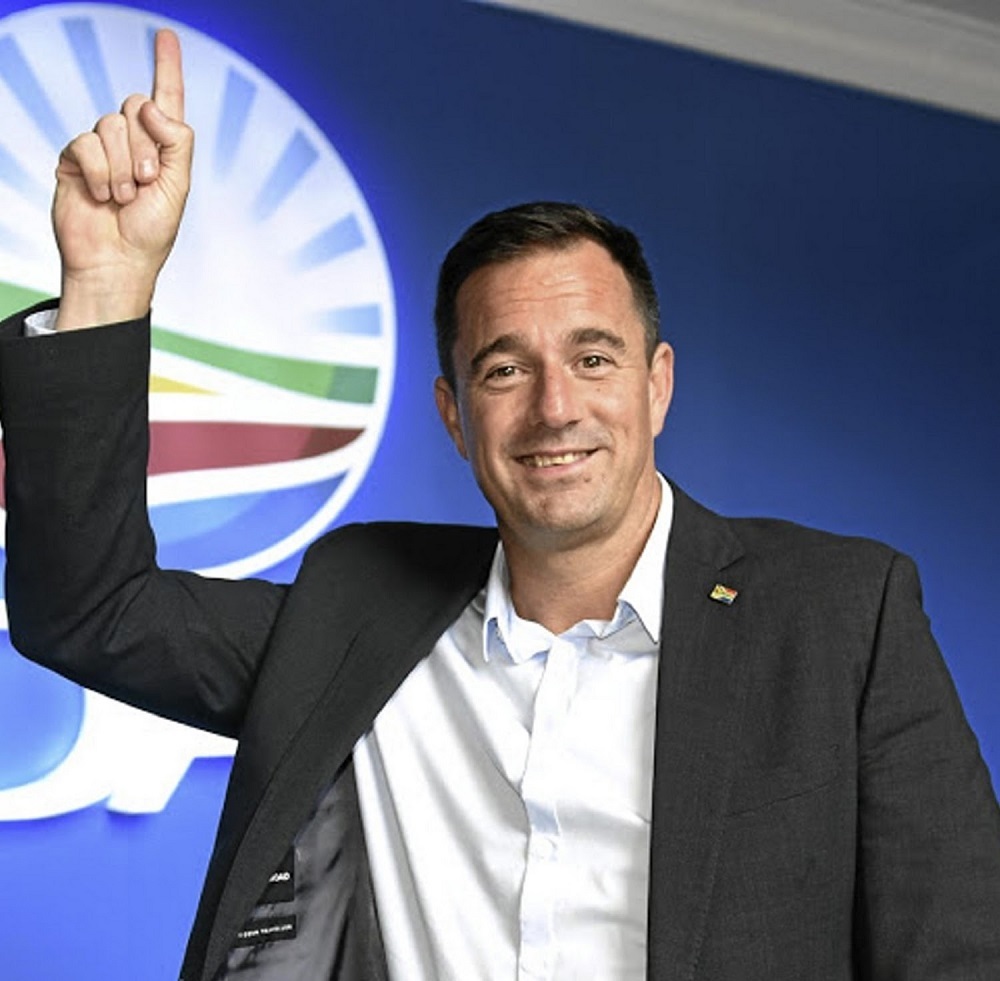
DA leader, John Steenhuisen
Enjoy our daily newsletter from today
Access exclusive newsletters, along with previews of new media releases.

Russian President, Vladimir Putin
He noted that the Constitutional Court had confirmed that in constitutional matters, courts were empowered to grant just and equitable remedies.
He said the DA believed the just and equitable remedy that it was necessary for the court to grant in this matter to protect and vindicate the rule of law and separation of powers was to issue the three substantive orders he referred to.
The South African government had indicated that it is seeking a legal loophole which would allow it to host Putin without violating the ICC Rome Statute. This loophole would be found in Article 98 of the Rome Statute.
While Article 27 of the Rome Statute stipulates that even sitting heads of state are not immune from prosecution by the ICC, Article 98 appears to provide an exception to this general rule.
Article 98(1) states that:
“The Court may not proceed with a request for surrender or assistance which would require the requested State [in this case South Africa] to act inconsistently with its obligations under international law with respect to the State or diplomatic immunity of a person … of a third State, [in this case Putin and Russia] unless the Court can first obtain the cooperation of that third State for the waiver of the immunity.”
On the face of it, this article appears to suggest that the ICC could not ask Pretoria to arrest and hand over Putin unless Russia agreed to waive Putin’s immunity from prosecution – which Moscow would obviously not give.
South Africa tried to invoke Article 98 when the ICC asked it to arrest and surrender then Sudanese President Omar al-Bashir. But the ICC ruled then that because the UN Security Council had referred the Sudan situation to the ICC, Article 98 did not apply.
However, the Ukraine situation under which the ICC issued a warrant of arrest for Putin, was not referred to the ICC by the UN Security Council. It was taken up by the ICC prosecutor. South Africa seems to believe this could offer it a way out of its dilemma over Putin. But Atilla Kisla, international justice cluster lead at the Southern Africa Litigation Centre, has pointed out in a recent article in the Mail and Guardian that Article 98 would not remove South Africa’s obligation to arrest and surrender Putin if the ICC asked him to.
He said Article 98 imposed a possible restriction on the ICC to request South Africa to arrest and surrender Putin. It would be up to the ICC to decide whether to proceed with a request to South Africa to arrest and surrender Putin.
South Africa might face an even greater obstacle in its own ICC Implementation Act which is also explicit that sitting heads of state do not enjoy immunity from prosecution – but without any qualification like Article 98. DM
Tailored for you



